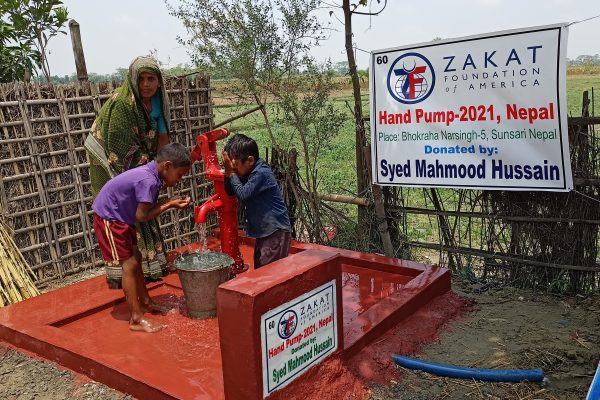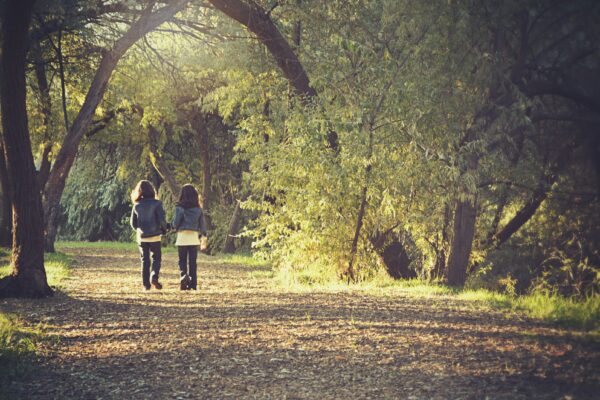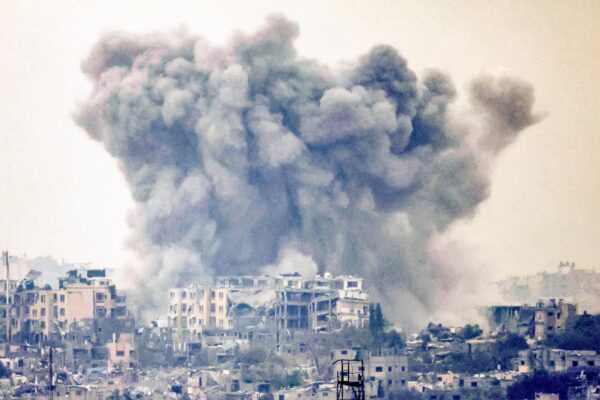Clean, safe water is not as easy to access as you think.
Clean, safe water is not as easy to access as you think.
The global water crisis isn’t new. It isn’t covered up. At best, it’s forgotten. At worst, it’s ignored.
The statistics are abundant about how much running water is wasted in countries like the United Kingdom or the United States, even just by leaving the faucet running while brushing teeth. Although it’s not easy to just make a plan and solve the global water crisis, it’s easier than it seems to help provide clean water to people who don’t have access to it.
One way you can help is by working with friends, family, and community members to cover the installation cost of a new hand pump or water well. Pooling together funds through community event donations, school bake sales, and other crowdfunding campaigns makes it easier to bring safe clean water to everyone.
What Is A Hand Pump?
A hand pump isn’t dug as deep, so it collects less water than a water well. It reaches 40-60 feet below surface level, where water is extracted from a pool, not the true source. A water well gathers much more, reaching 100-150 feet below surface level, where water is extracted from a freshwater source, not a pool.

What Is A Water Well?
A water well has a lifespan of up to 30 years and each pump has a lifespan of up to 15 years, depending on the maintenance, the weather conditions, and the material with which it is constructed.
Water well types vary from country to country based on preference. Mali, Mauritania, and Cambodia utilize a pulley. Kenya, Ghana, and India work with a pump on top of the well.
Why Do People Need Water Sources?
Clean, safe water is not as easy to access as you think.
The key issues in this crisis are clearer than the water its victims have to purify by boiling: 1) access to clean water, and 2) efficient use of water. It goes beyond those two issues, but the majority stem from them.
Getting water in itself isn’t always difficult even for poverty-stricken people, but that doesn’t mean the water is safe for consumption. It doesn’t mean it has been tested, filtered, or even collected from a reliable source. This issue isn’t limited to certain countries. There are people in Africa, Asia, Europe, the Americas, and beyond who have to walk miles to bring a bucket of water back home, and that water has to be divided into portions for cooking, cleaning, and drinking.
Wasting clean water that we already have access to is a problem in itself. Conservation scientists around the world work on ways to make contaminated water safe to drink, through special straws, tap filters, and more.
Digging new water sources is only a first step in addressing the crisis, but it goes a long way. Building one water well can help thousands of people (and animals!) have clean water in their area. It can be the difference between a child finishing school or deciding there are too many lost hours each day from fetching water miles away from home.
Zakat Foundation of America — a leading, global, Muslim humanitarian organization — began its Sadaqah Jariyah program 15 years ago with the construction of a mosque, and soon after, it constructed its first water well. The charity, now in its 20th year, dug 180 wells in its last fiscal year alone.
Some of these wells are constructed beside mosques or schools to help build foundations for communities that will last years to come. In 2012, Zakat Foundation of America launched its “One Year, 100 Water Wells” campaign, digging at least 100 water sources a year since then.
Working together is the easiest way to get results. Funding water sources in different countries helps thousands of people on a daily basis.
Bring attention to the water crisis in conversations. Make sure friends and family know that of course not everyone has access to clean, running water, but providing that access is much, much easier than it seems.





